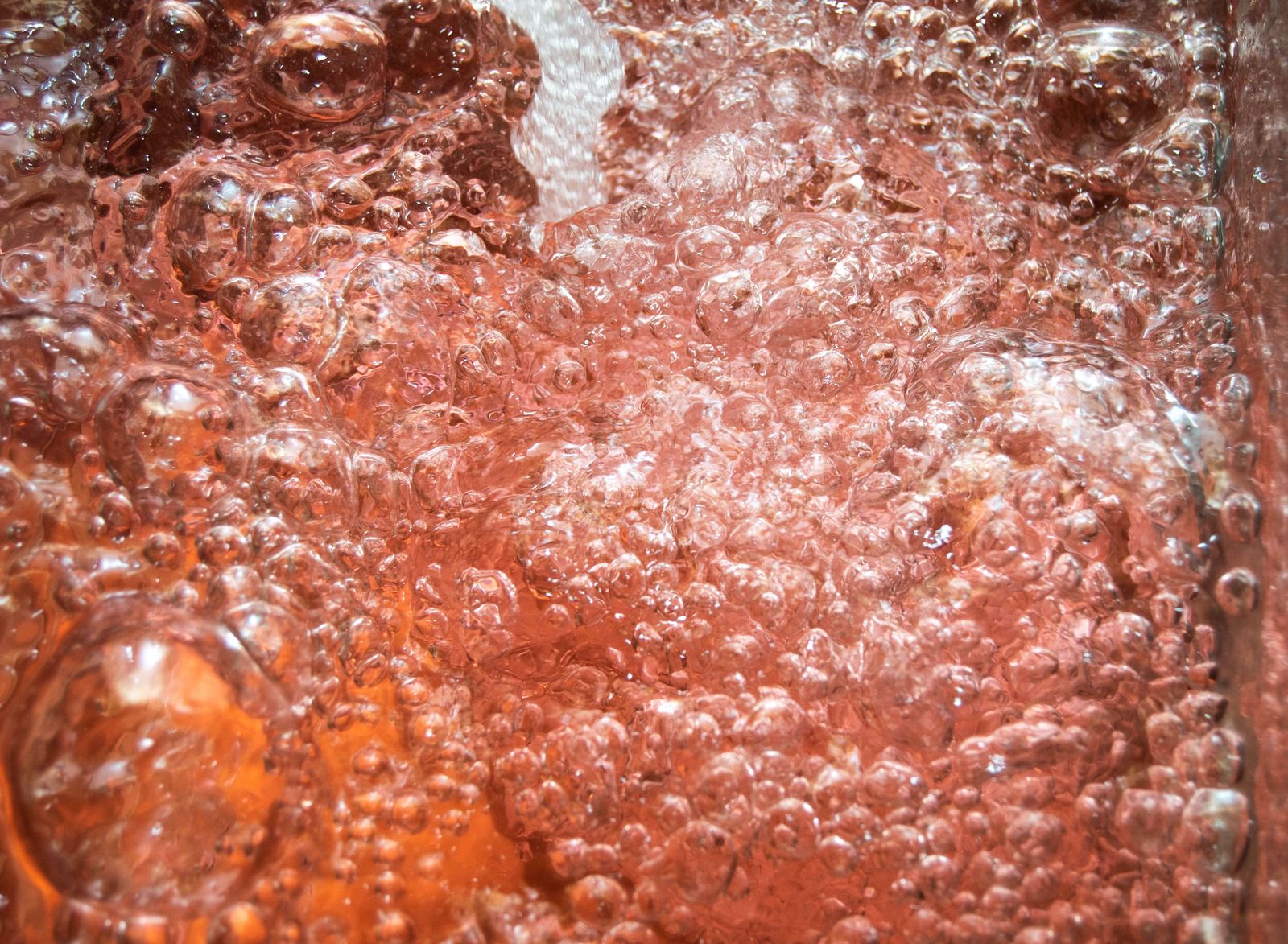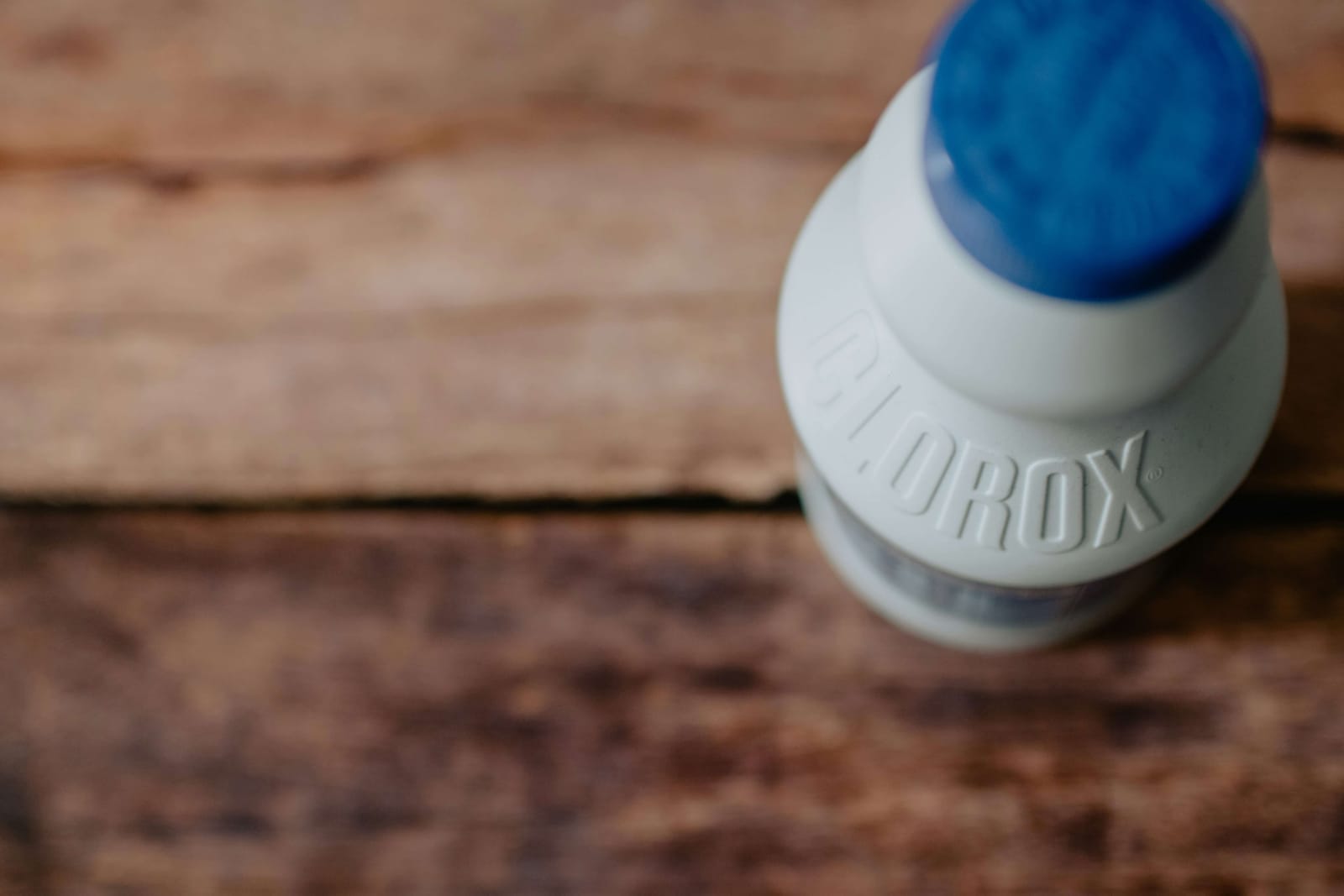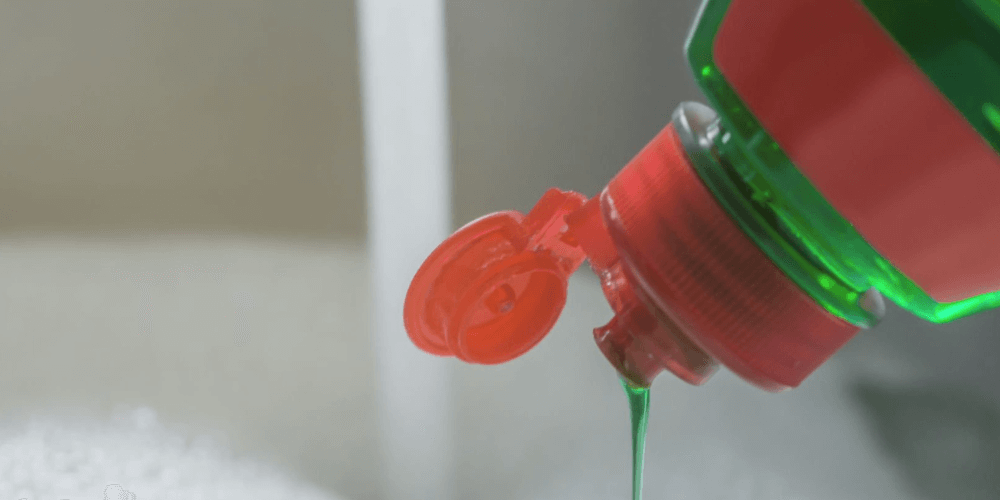Water, a simple molecule composed of two hydrogen atoms and one oxygen atom, has a boiling point, a fundamental scientific constant.
But what exactly is the boiling point of water?
And how does a water boiler maintain this temperature?
Let's delve into the science behind it.
In This Article
- The Science Behind the Boiling Point of Water
- Factors Affecting the Boiling Point of Water
- The Role of Water Boilers in Maintaining the Boiling Point
- Practical Implications of the Boiling Point of Water
- Frequently Asked Questions
- Conclusion
- For More Insights
The Science Behind the Boiling Point of Water
The boiling point of water is the temperature at which it transitions from a liquid to a gas, a process known as boiling. At sea level, the boiling point of pure water is 100 degrees Celsius (212 degrees Fahrenheit). This is because the atmospheric pressure is sufficient to prevent the water molecules from turning into gas until they reach this temperature.
However, the boiling point of water isn't a fixed value. It can change based on several factors, such as the presence of impurities in the water and the atmospheric pressure, which itself varies with altitude.
Factors Affecting the Boiling Point of Water
Atmospheric Pressure
Atmospheric pressure plays a significant role in determining the boiling point of water. As you ascend in altitude, the atmospheric pressure decreases. This means there's less force exerted on the water's surface, allowing it to boil at lower temperatures. For instance, on Mount Everest, the highest point on Earth, water boils at about 68 degrees Celsius due to the significantly lower atmospheric pressure.
Impurities
The presence of impurities, such as salt or other minerals, can also affect the boiling point of water. This is due to a phenomenon known as boiling point elevation. When a non-volatile solute (like salt) is added to a solvent (like water), it increases the solvent's boiling point. This is why saltwater boils at a higher temperature than pure water.
The Role of Water Boilers in Maintaining the Boiling Point
Water boilers are designed to heat water to its boiling point and maintain that temperature. They do this by applying consistent heat to the water and regulating the internal pressure to prevent the water from turning into steam.
Most water boilers also come with adjustable temperature settings. This allows you to set the desired temperature based on your needs, whether you're making a cup of tea, preparing instant noodles, or sterilizing baby bottles.
Practical Implications of the Boiling Point of Water
Understanding the boiling point of water and how it's affected by various factors has several practical implications. For instance, when cooking at high altitudes, you may need to adjust your recipes to account for the lower boiling point of water. Similarly, if you're using a water boiler to prepare a hot beverage, knowing the optimal temperature can help you achieve the best flavor.
Frequently Asked Questions
Is boiling water always 100 degrees?
No, the boiling point of water can vary based on factors such as atmospheric pressure and the presence of impurities. At sea level, pure water boils at 100 degrees Celsius. However, at higher altitudes or if impurities are present, water can boil at lower or higher temperatures respectively.
What is the boiling point of the water?
The boiling point of water is the temperature at which it transitions from a liquid to a gas. At sea level, the boiling point of pure water is 100 degrees Celsius or 212 degrees Fahrenheit.
Why is 212 the boiling point?
The number 212 represents the boiling point of water in degrees Fahrenheit at sea level. This is the temperature at which the atmospheric pressure is sufficient to prevent water molecules from turning into a gas.
Why does water boil at 100 degrees?
Water boils at 100 degrees Celsius at sea level because this is the temperature at which the atmospheric pressure is sufficient to prevent water molecules from turning into a gas.
Conclusion
Understanding the science behind the boiling point of water can enhance your knowledge and practical skills, whether you're a budding scientist, a culinary enthusiast, or a curious individual. And with a water boiler at your disposal, you can easily maintain this temperature for a variety of applications.
For More Insights
- Surviving a Boil Water Advisory: The Utility of Water Boilers- Learn how to navigate through a boil water advisory and discover how water boilers can be a lifesaver during these times.
- Culinary Uses of Water Boilers: Beyond Hot Beverages - Explore the diverse culinary applications of water boilers, extending far beyond the preparation of hot drinks.
- The Centers for Disease Control and Prevention (CDC) offers authoritative and comprehensive information on drinking water advisories, making it an essential resource for anyone seeking to learn more about this topic.
- If you're looking for a new water boiler and warmer to help you manage the boiling point of water, check out our article on the best water boilers and warmers.



